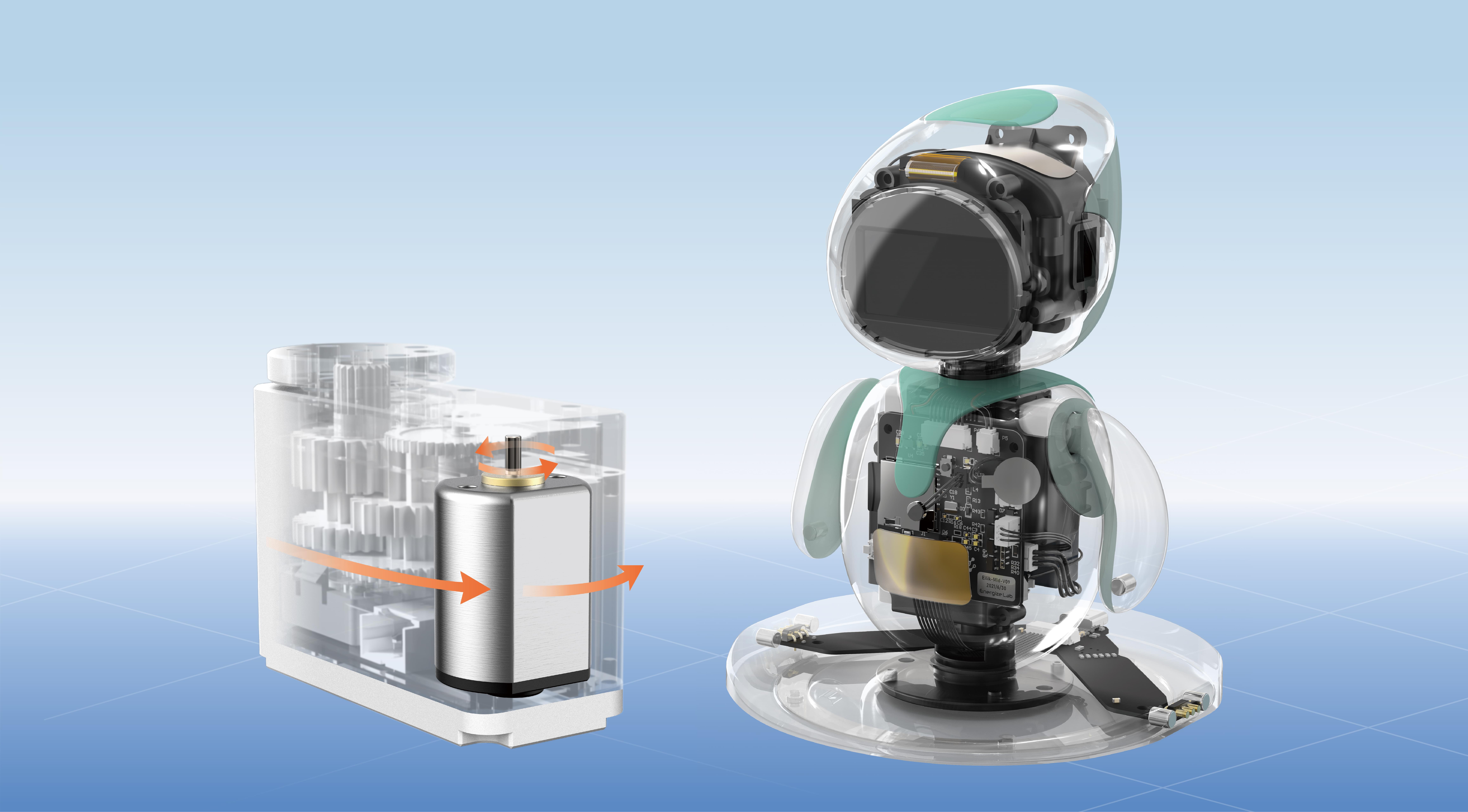When it comes to motion control, choosing between stepper motors and servo motors often feels like picking a side in a dance. Both have their own rhythm, their own way of doing things, but understanding the differences can make all the difference in your project. Let’s break it down.

Picture a stepper motor like a reliable friend—steady, predictable, and easy to get started with. Each pulse makes it move a precise step, so you know exactly where it is at all times. That simplicity makes stepper motors perfect for applications where accuracy is important, but high speed or torque isn't the main concern. Think of 3D printers or CNC routers; they do well with stepper motors because you don’t need instant, smooth responses—just dependable, repeatable steps.
On the flip side, servo motors are more like athletes—they're built for speed, finesse, and power. They use feedback mechanisms to continually check their position and make adjustments on the fly. That means they can accelerate faster, reach higher speeds, and handle heavier loads without breaking a sweat. Imagine robotic arms that assemble cars or advanced camera gimbals—these require the smooth, dynamic motion servo motors excel at providing.
But here’s a question: if servo motors are so much better at handling complex, fast movements, why would anyone still consider stepper motors? Well, cost plays a role. Stepper motors are generally less expensive upfront, and they don’t need as sophisticated control systems. For simple, repeatable tasks, they’re an economical choice. Plus, if you’re designing something that doesn’t demand super-fast response times or adaptive control, stepping into a servo might overcomplicate things.
It’s also about control precision. A stepper motor might be perfect up to a certain level—say, 1.8 degrees per step. But for even finer control, you'd need microstepping or a more advanced system. Servos, with their feedback loops, can often deliver sub-degree accuracy naturally, making them ideal for high-end automation tasks.
Another thing: durability. Stepper motors tend to run at lower speeds, with less heat and less wear, but they can stall if overloaded. Servos can handle more stressful conditions, thanks to their adaptive control, but their complexity means more maintenance over time. Think of it like choosing between a bicycle and a sports car—each has its own perks depending on the journey.
Of course, both have their quirks. Stepper motors might miss steps if overloaded or run hot under continuous use. Servos require a more sophisticated driver and feedback system but reward you with smoother, quieter motion. It’s like comparing a reliable sedan with a sleek, performance-oriented sports car.
In the end, selecting between them boils down to your specific needs. Do you want reliable, straightforward motion within a tight budget? Stepper motors are your go-to. Need high speed, heavy load capacity, and precise control in a demanding environment? Push for a servo. Sometimes it’s about finding the right balance for your project—and that’s where understanding these differences really counts.
So, in your mind, picture your next project. Which motor fits the vibe? Ease and affordability or power and finesse? Whatever you choose, knowing the ins and outs helps you make the call that boosts your performance and saves you headaches down the road.
Established in 2005, Kpower has been dedicated to a professional compact motion unit manufacturer, headquartered in Dongguan, Guangdong Province, China. Leveraging innovations in modular drive technology, Kpower integrates high-performance motors, precision reducers, and multi-protocol control systems to provide efficient and customized smart drive system solutions. Kpower has delivered professional drive system solutions to over 500 enterprise clients globally with products covering various fields such as Smart Home Systems, Automatic Electronics, Robotics, Precision Agriculture, Drones, and Industrial Automation.




































